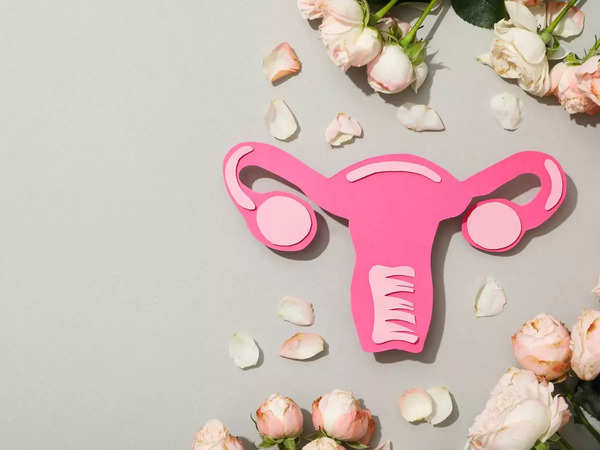Understanding the fallopian tubes
The fallopian tubes are a pair of small, slender tubes that connect the ovaries to the uterus in a woman’s reproductive system. Each month, during the menstrual cycle, one of the ovaries releases an egg (ovulation). The fallopian tubes are responsible for capturing the egg as it’s released and providing a conduit for it to travel from the ovary to the uterus.
The role of fallopian tubes in women’s fertility health
1. Capturing the Egg: The fallopian tubes are the first point of contact for an egg following ovulation. Their fimbriae, finger-like structures at the tube’s end, reach out and capture the released egg. The egg then begins its journey through the fallopian tube.
2. Fertilization Site: The fallopian tubes serve as the primary site for fertilization. If sperm is present in the reproductive tract during ovulation, it can meet the egg in the fallopian tube, where fertilization takes place.
3. Early Embryo Development: Following fertilization, the newly formed embryo begins to divide and develop as it moves through the fallopian tube. This early development is critical for a successful pregnancy.
4. Transport to the Uterus: The fallopian tubes continue to play a pivotal role by transporting the developing embryo from the fallopian tube to the uterus. Once in the uterus, the embryo can implant in the uterine lining and develop into a fetus.

Common issues affecting fallopian tubes
While the fallopian tubes are essential for fertility, they can be susceptible to various issues that may hinder their proper function:
1. Blockages: Fallopian tube blockages can occur due to infections, pelvic inflammatory disease, endometriosis, or scar tissue (adhesions). These blockages can prevent the egg and sperm from meeting or the embryo from reaching the uterus.
2. Ectopic Pregnancy: If the fallopian tubes are damaged or partially blocked, they may not allow the embryo to reach the uterus. In such cases, the embryo can implant in the fallopian tube, leading to an ectopic pregnancy, which is a medical emergency.
3. Infections: Infections of the fallopian tubes, known as salpingitis, can damage their cilia and function. This can result from sexually transmitted infections or other sources of infection.
4. Tubal Ligation: Tubal ligation, a surgical procedure for permanent contraception, involves blocking or sealing the fallopian tubes. While it is an effective birth control method, it renders the tubes incapable of transporting eggs to the uterus.
The fallopian tubes are instrumental in the process of conception and early embryo development. Understanding their role and potential issues that can affect their function is essential for individuals and couples trying to conceive. If you encounter fertility challenges or suspect issues with your fallopian tubes, it’s advisable to consult with a healthcare provider or fertility specialist. They can assess your reproductive health and provide guidance on potential treatments or interventions to address any fallopian tube-related concerns and improve your chances of a healthy pregnancy.
Authored by: Dr. Soumya Shetty, Fertility Consultant, Nova IVF, Chembur, Mumbai
These 10 superfoods will boost your dopamine levels naturally










